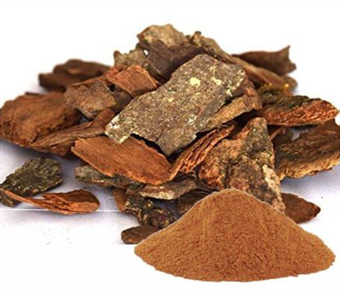Acacia arabica Extract

Botanical Name : Acacia arabica
Common Name : Babool Gum
Assay : 4:1 by Herb Extract Ratio
Description :
Babul (Latin: Acacia arabica) is a little tree that can reach heights of 8 to 10 meters. It has a few tiny spikes. The tree is typically found in arid areas. The stem bark, fruit, gum, and seeds of the tree are among the parts utilized for therapeutic purposes. The Indian subcontinent is where one can mostly find babul. It is frequently referred to as the Indian gum Arabic tree in English. Babhul chaal (stem Bark) external usage Because of its blood purifying, anti-bleeding, anti-vasoconstriction, and healing properties, its powder is applied to burn wounds and bleeds. For uttara basti (enema through the vagina), which is used for leucorrhoea, decoction or water extract of bark is employed.
Acacia arabica or Babhul extract is also used for gargling in cases of oral problems and tub baths in cases of rectal prolapse. Babhul is effective at reducing loose stools associated with diarrhea and dysentery. Acacia extract helps with dry cough, bleeding disorders, and pile alleviation. The gum extract has reported to be helpful for libido loss as well as urinary issues including dysuria. Babhul is effective as an astringent, to improve cellular activities in liver disease, and to treat persistent constipation.
The babhul extract has beneficial effects on the respiratory system, acting as an expectorant and a broncho-dialator for those with asthma. Babhulchaal extract helps with utero-cervical disease, seminal weakness, and improved urine output. Acacia arabica extract has been subjected to scientific analysis, which revealed the existence of beneficial tannins, flavonoids, and polyphenolic compounds that support the plant's therapeutic usage.

